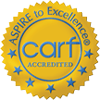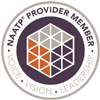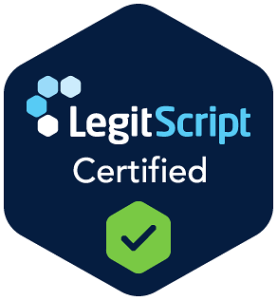Building Healthy Relationships & Coping Skills with Group Therapy and Addiction Treatment in CA
Addiction and co-occurring disorders can cause pain and wreckage in one’s life, as evidenced by fractured and sometimes broken relationships. The accompanying complications of addiction lead to isolation and a distorted perception of oneself and life in general.
Olympia House Rehab provides group therapy and addiction treatment in CA. It provides options that are designed to provide recovery support for individuals to relearn healthy relationships and coping skills that may have been suppressed or lost while their disease was controlling them.
Below is a list of group therapies with a simplified description of what you can expect at our treatment center in Sonoma County.
Anger Management Twice a Week
Learning to tame anger as part of a mutual aid group is powerful. A lot of issues that may have left sufferers feeling ashamed and alone can come to light as common issues.
Together, substance use disorder recoverers can learn how their anger contributes to their addiction. Then, with the help of our addiction treatment in CA, they can learn healthier coping skills like becoming curious about the source of the anger, communication, and practicing relaxation techniques.
Cognitive Behavioral Therapy Twice a Week
CBT stands for cognitive behavioral therapy. CBT believes that we can tie our behaviors to the quality of our thoughts. Therapists trained in CBT help us work through thoughts that are destructive rather than constructive.
Through CBT, we learn to think more constructively, which in turn leads to healthier behaviors. The results around CBT support groups for treating depression, anxiety, and bipolar disorder are strong, demonstrating that it is a powerful form of recovery support.
Dialectical Behavior Therapy Twice a Week
DBT stands for dialectical behavior therapy. Dialectical means integrating two different things. In this therapy, patients are encouraged to focus on integrating both change and acceptance.
They are encouraged to accept their emotions during crises while still learning to take preventative measures for mental health. Dialectical behavioral therapy incorporated in support groups for treating depression has demonstrated excellent results.
Similarly, it is often recommended for substance use disorder sufferers with co-occurring bipolar disorders. It is typically additionally recommended for patients suffering from borderline personality disorder.
Life Story Twice a Week
Life story work is designed to help those recovering from addiction understand the feelings of their past and present. Once these feelings are fully processed, we can notice when they return. As a mutual aid group, this approach also encourages sharing one’s story.
This not only helps with the isolation around addiction but may give others in the group hope, role models, and relief.
Contact us to talk about creating an individualized recovery plan to give you a sense of wholeness, peace, and growth.
Peer Support Groups Eight Times a Week
Involvement in a peer support group is an important component of long-term recovery. At Olympia House, we offer a variety of peer support groups so that individuals may choose the group that they most identify with and are most likely to continue after discharge.
Olympia House offers AA, NA, LifeRing, Refuge Recovery, and Smart Recovery groups throughout the week.
Process Group in the Morning and Evening Seven Days a Week
A process group is a mutual aid group in essence. It focuses on sharing stories, relating to other recoverer’s emotions, and providing emotional support.
Process groups provide intention in the morning and reflection in the evening. They provide both critical structures as well as recovery support.
Relapse Prevention Therapy Five Times a Week
Relapse prevention therapy is designed to help our clients understand what triggers relapse, how to cope with triggers, and how to maximize an environment for maintaining sobriety.
Having a relapse prevention therapy support group is shown to have clear results for preventing relapse and is, therefore, a critical part of recovery support.
Trauma Group Therapy
Trauma can lead to addiction and vice versa. However, ending this cycle has never been more possible. Once we understand the relationship between trauma and addiction, we can begin to put powerful healing in motion.
In trauma group therapy, a trained therapist will move between three stages of the PTSD/trauma healing journey. These stages are the self-care and acceptance stage, the survivor stage, and the thriver stage.
Yoga / Qigong Five Days a Week
Yoga and qigong are not only relaxing individual exercises, but they are also powerful as mutual aid groups. Our clients can learn about their bodies, strengthen mindfulness skills, and have fun relaxing and making friends all at the same time.
Olympia House emphasizes an individualized approach. Though the above are some of the most effective therapies for treating addiction, they may not be the most effective for you.
We offer a variety of fun and thorough alternatives not usually part of rehab treatment services such as:
- Equine Therapy group
- Cinema Therapy group
- CBT/DBT skills review group
- Relationships group
- Trauma group
- Mindfulness group
- Affirmations group
- Art Therapy group
- Music Therapy group
- Multi-family group
Who knew rehab could be fun as well as helpful? Get help, share stories, and even make lifelong friends as part of Olympia House’s healing community. Call us today at (888) 795-1965.












